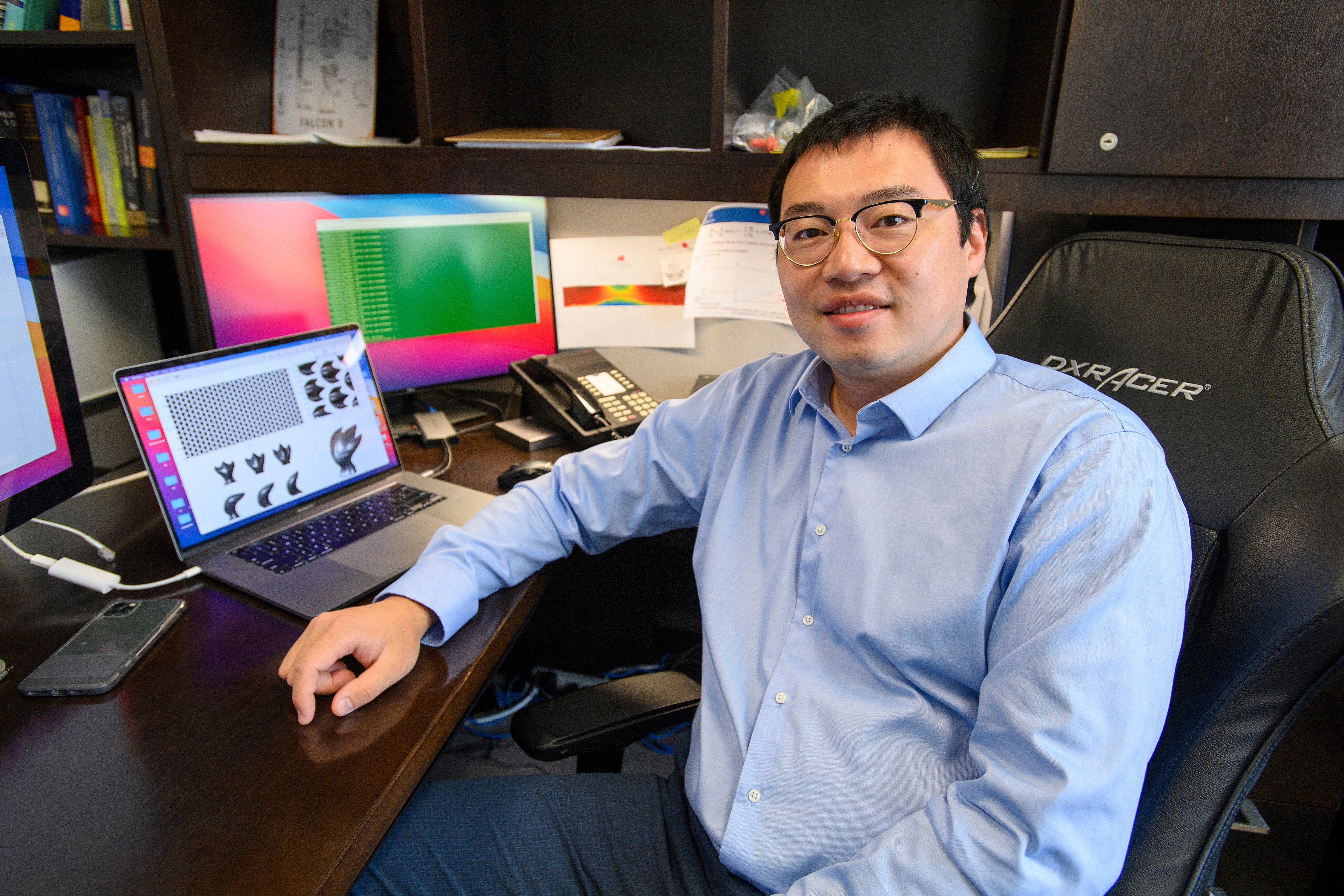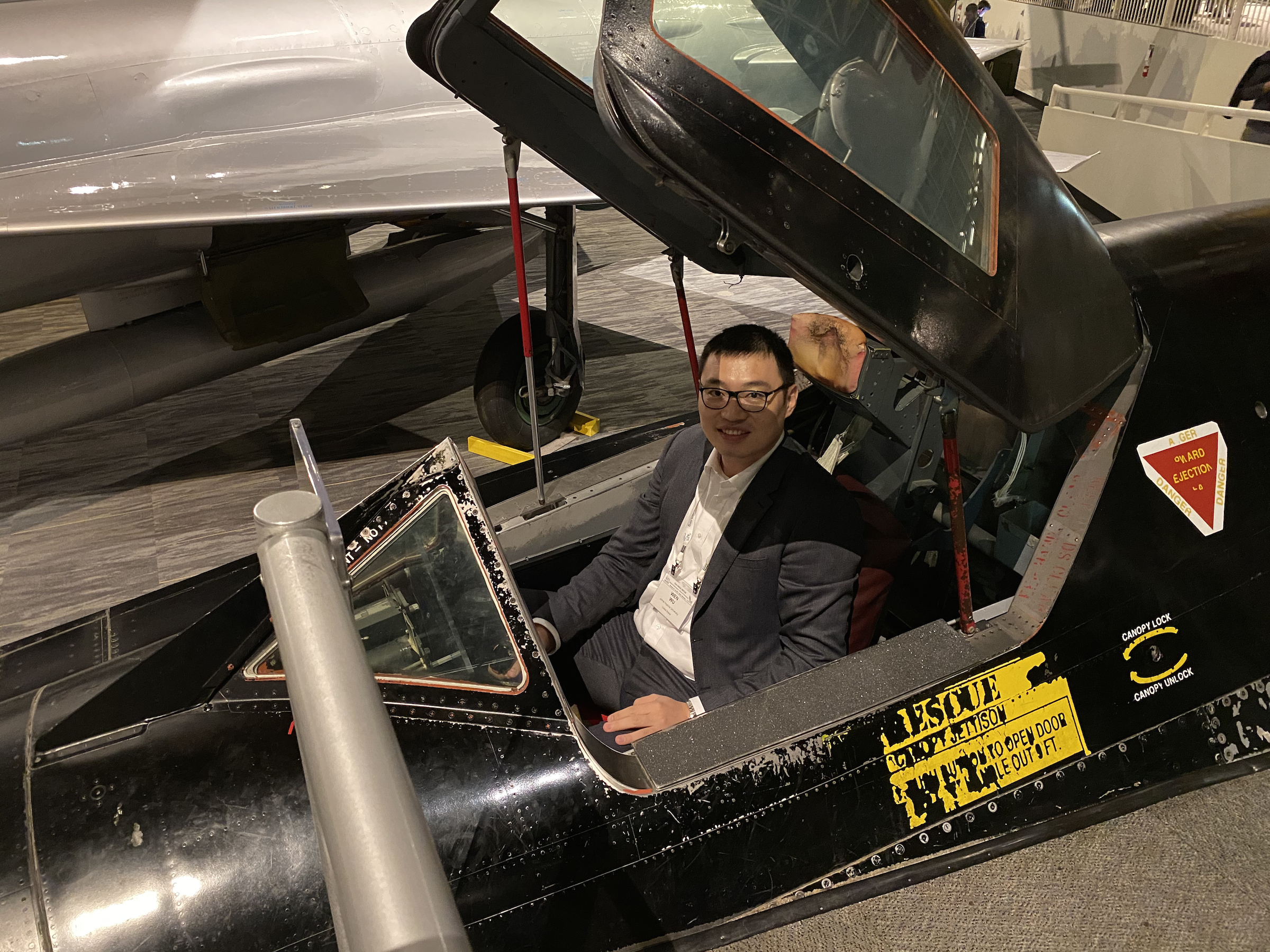UM engineer’s research charting new waters in fluid studies
Published 3:36 pm Wednesday, April 27, 2022
Sharks have a built-in drag-reducing system in the scales that line their bodies. A University of Mississippi mechanical engineer is trying to use that same approach to make airplanes go faster and use less fuel, help pipelines pump more oil with less effort and even help doctors treat chronic lung ailments.
Wen Wu, an assistant professor in the School of Engineering, is principal investigator for a project that involves observing and analyzing movable shark scales and then adapting findings to practical, real-world applications. Wu’s research has been awarded a two-year grant for $173,392 from the National Science Foundation’s Established Program to Stimulate Competitive Research Track-4.
EPSCoR is a national platform designed to fund the projects of investigators whose research advances education and technology, particularly in underrepresented regions.
“This research aims at a long-standing topic in the fluid community; that is reducing the drag,” Wu said. “We want to run/swim faster. We try to design aircrafts/ships/rockets that consume less fuel and travel as fast as possible.
“We hope we can pump the crude oil through pipelines with minimal pump power to cut the shipping cost.”
For decades, scientists and engineers have tried various approaches to reduce the drag in fluid flow. One limitation of current methods is that each of them is designed to accommodate specific flows. When the actual function differs from that design, it may cause degradation – increased drag, for example – rather than drag reduction.
Shark scales have a unique feature that current techniques overlook, Wu said. The scales reduce drag by using different bristle angles in various flow conditions. These adjustments in bristle angle do not require any energy input from the shark.
“It seems to be flow-activated,” he said. “It is a promising feature that if we understand and utilize properly, can significantly improve the capability and robustness of drag reduction techniques.”
NSF EPSCoR Track-4 fellowships support junior faculty to develop expertise that need to help expand their future research areas.
“In this collaboration, I will be hosted by Dr. Parviz Moin, the world-leading scientist in turbulence physics and modeling, at the Center for Turbulence Research at Stanford,” Wu said. “I will learn how to simulate the interaction between a moving-surface structures and the flow, and how to develop models to represent this interaction in engineering design process.”
Wu thinks the research may help industries in the state and region in the long term to develop new manufacturing opportunities. Possible products that could result from his work might include such things as adjustable low-drag surfaces for ships and aircraft, noise-reduction rotor blades or wind turbines, and biomedical technologies that help treat chronic obstructive pulmonary disease.
Wu also will work with engineers in forest-related industries to understand how the interaction between air flows and plant life affect sprinkler systems, wind erosion control and pesticide application. All these applications could make the forestry industry more profitable.
Wu’s latest research achievement is a continuation of a track record he began before joining the Ole Miss mechanical engineering faculty in February 2020.
“Dr. Wu’s professional achievements include a series of fruitful investigations on flow detachment from its adjacent surface,” said Arunachalam Rajendran, UM chair and professor of mechanical engineering.
“I think his work provides great insights from many perspectives to our current inadequate knowledge on turbulent flows. These flows are among the most critical factors that affect the performance of thermo-fluid devices and the hardest ones for numerical tools to predict accurately.
“Dr. Wu’s research will develop better computer modeling tools that could improve future engineering design processes.”







